Fan Idol

What is the atmosphere like at an idol concert ?
Attending an idol concert is an experience that is often filled with excitement, energy, and a sense of community. The atmosphere at these events varies depending on the artist, venue, and fans in attendance, but there are some common elements that make up the overall vibe. These include electric energy, high-octane performances, lighting and visual effects, fan interaction through call-and-response segments and fanchants, as well as a strong sense of community spirit among attendees. Many fans also choose to express their love for their favorite idol by dressing up as them or wearing clothes inspired by their style. Overall, attending an idol concert is an immersive experience that celebrates the power of music and the bond between artists and their fans.
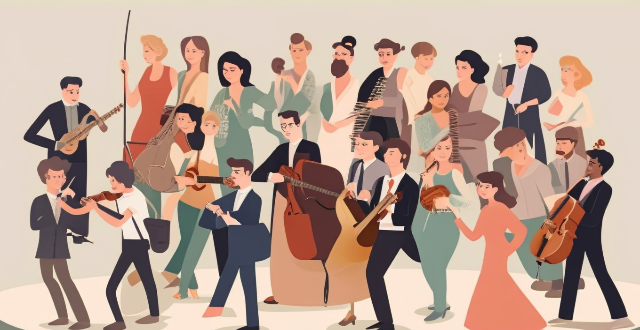
What are the most popular idol groups right now ?
Idol groups have become a significant part of the music industry, with their popularity spanning across different countries and cultures. These groups consist of members who are not only talented singers but also skilled dancers, actors, and models. In this article, we will discuss the most popular idol groups right now: BTS (Bangtan Boys), TWICE, and Blackpink.

What are the best idol concerts to attend ?
Attending an idol concert is a thrilling experience that combines music, visual effects, and the energy of live performances. Here are some of the best idol concerts to attend: 1. BTS World Tour 2. K-pop Global Super Concert 3. Taylor Swift's The Eras Tour 4. Harry Styles: Love On Tour 5. Beyoncé's Renaissance World Tour

What should I wear to an idol concert ?
Attending an idol concert is a thrilling experience, and dressing appropriately can enhance your enjoyment of the event. Here are some tips on what to wear to make sure you're comfortable and stylish: Comfort First: Choose shoes that you can comfortably stand in for long periods of time. Wear clothes that allow you to move freely. Weather Appropriate: Light, breathable fabrics like cotton or linen are best for summer concerts, while layering up is essential for winter ones. Express Your Fandom: Show your support by wearing official merchandise from the idol group or artist. Safety & Visibility: A small bag is handy for carrying essentials, and consider adding reflective gear for nighttime concerts. Personal Style: Remember to stay true to your personal style when choosing your outfit. By considering these factors, you'll be well-prepared for an exciting and fashionable idol concert experience!
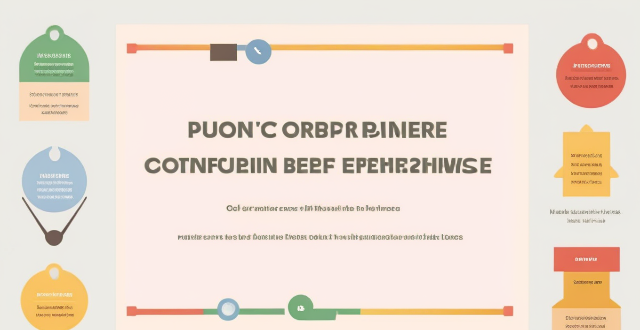
How do I get tickets for an idol concert ?
The article provides a comprehensive guide on how to obtain tickets for an idol concert. It outlines five main steps: researching concert details, preparation, being ready on sale day, exploring alternative methods, and employing additional tips and tricks. The first step involves gathering information about the concert date, time, venue, ticket prices, and on-sale details. Preparation includes creating accounts on ticketing platforms, having payment methods ready, ensuring a stable internet connection, and using multiple devices. On sale day, one should log in early, refresh continuously, and make a quick transaction. Alternative methods include purchasing at the box office, looking out for official presales, buying from authorized resellers, and checking for last-minute releases. Additional tips involve joining fan clubs, following social media for exclusive presales, and avoiding scams by only buying from authorized sellers. By following these steps and being persistent, one can increase their chances of securing tickets to see their favorite idol perform live.

How can I meet my favorite idol group after their concert ?
Attending a concert of your favorite idol group is an exhilarating experience. However, the excitement doesn't have to end when the show does. Here are some tips on how you can potentially meet your favorite idols after their performance: 1. Research About Meet and Greet Opportunities: Before buying a ticket, research if the concert organizers offer any official meet and greet packages or opportunities. These may include pre-show sound check participation, VIP packages, and post-show meet and greets. 2. Follow Official Social Media Accounts: Stay updated by following your idol group and the concert venue’s official social media accounts. They might announce last-minute events or changes that could provide opportunities to meet the artists. 3. Arrive Early at the Venue: Being among the first to arrive can sometimes lead to unexpected chances to interact with the idols. Artists often do interviews or photo shoots near the venue before the concert starts. 4. Join Fan Clubs and Forums: Being part of a dedicated fan club or online forum can give you access to insider information about meet and greet opportunities. Experienced fans might share tips on how to approach these situations or inform you about unofficial events where the idols are known to make appearances. 5. Be Prepared with Gifts or Letters: If you do get a chance to meet your idols, consider having a small gift or a heartfelt letter prepared. This can make a lasting impression and might increase your chances of a more personal interaction. Remember to respect their time and privacy. 6. Be Respectful and Patient: Should you find yourself in a position to meet your idols, remember to be respectful of their space and time. Patience is key; don’t rush or push, as this can spoil the experience for everyone involved. 7. Look Out for Unofficial Events: Sometimes, idol groups might visit local restaurants, shops, or attractions after their concerts. Keep an eye out for any hints dropped by the artists or their teams on social media. Being at the right place at the right time could lead to an impromptu meeting. 8. Hotel Lobbies and Exit Points: While it's not advisable to wait outside hotels or exit points with the intention of meeting idols (as it can invade their privacy), some fans have had luck with accidentally encountering their favorite groups in these areas. Always be respectful and keep a reasonable distance.
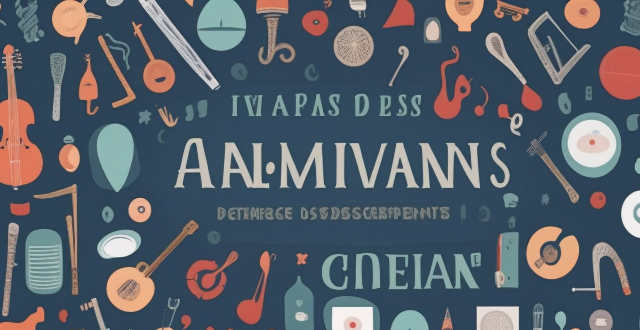
How do fan support events differ between music genres or cultures ?
The text discusses the variations in fan support events across different music genres and cultures. It highlights how these events differ in terms of concert tours, meet and greets, signings, fan clubs, and online communities. The examples provided illustrate the unique traditions and practices associated with each genre or culture, showing how artists connect with their audiences in diverse ways.
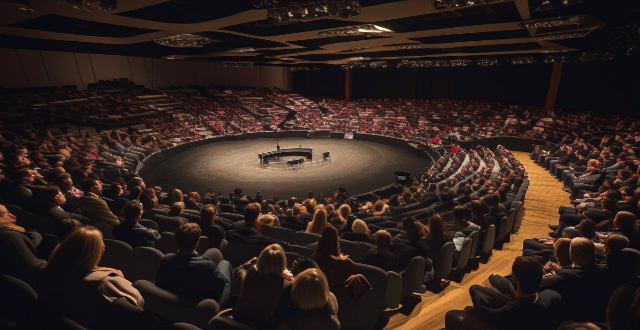
How early should I arrive at an idol concert venue ?
When attending an idol concert, consider pre-concert preparations, venue access, finding your seat, meeting friends, and enjoying pre-show activities. For general admission shows, arrive 2-3 hours early; for reserved seating, 1-1.5 hours before the show. Adjust arrival time based on event popularity and special circumstances.

Can you provide examples of successful fan support campaigns for different artists ?
Successful fan support campaigns for various artists have been instrumental in promoting their work and achieving their goals. Examples include Taylor Swift's "1989" world tour, Beyoncé's "Lemonade" release, and BTS's "Love Myself" anti-violence and anti-bullying campaign. These campaigns engaged fans through social media, exclusive content, and community building, resulting in increased album sales, critical acclaim, and positive change.

How do fan support events impact an artist's success and popularity ?
Fan support events play a crucial role in shaping an artist's success and popularity by increasing visibility, strengthening fan loyalty, providing monetization opportunities, and enhancing reputation and credibility. These events offer platforms for fans to connect with artists, generate media coverage, create social media buzz, foster personal connections, offer exclusive experiences, sell merchandise, increase ticket sales, gain industry recognition, and influence critic opinions. Overall, fan support events are essential components of an artist's career development strategy.

What are some tips for attending an idol concert ?
Attending an idol concert is a thrilling experience that requires careful planning and attention to detail. To make the most out of your time at the concert, it's important to prepare beforehand by researching the artist and their songs, buying tickets early, checking venue rules, dressing comfortably, and charging your devices. On the day of the concert, arrive early, stay hydrated, bring earplugs if needed, and stay connected with friends. During the concert, follow the rules, be present in the moment, stay engaged with the performance, and take breaks as needed. Afterward, exit calmly, reflect on the experience, share your thoughts with others, and rest up to recover from the excitement. By following these tips, you can ensure a memorable and enjoyable time at an idol concert.
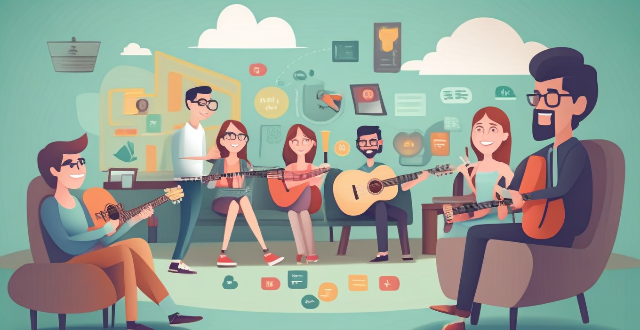
What are the most common types of fan support activities for musicians ?
Musicians depend on various fan support activities to build their careers, including attending concerts, streaming music, following on social media, participating in online communities, writing reviews, creating fan art, and organizing fundraising campaigns. These activities help generate income, increase exposure, strengthen connections with fans, and provide valuable feedback and support for musicians' endeavors.
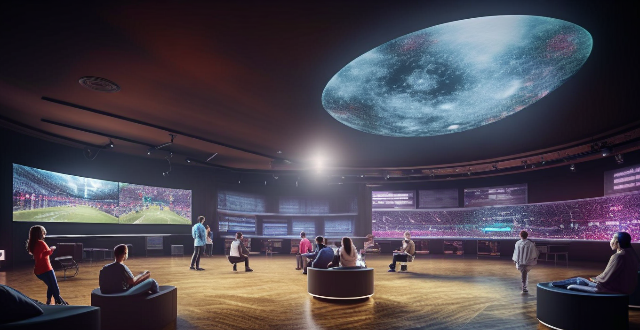
How has augmented reality transformed fan engagement in sports ?
Augmented Reality (AR) is revolutionizing fan engagement in sports by offering immersive experiences that blend physical and digital elements. AR enhances viewing experiences with interactive overlays and virtual seats, enables in-game interaction through team and player interaction and game day activities, boosts merchandise and sponsorship opportunities with interactive ads and virtual try-ons, aids navigation and wayfinding in stadiums, and encourages social sharing through augmented selfies and virtual reality social spaces. These advancements are transforming the way fans connect with sports and teams, creating more engaging and interactive experiences.

What are some creative ways to organize a fan support event ?
Organizing a fan support event can be a fun and creative way to engage with your audience and create a sense of community around your brand or organization. Here are some creative ways to organize a fan support event: 1. Hosting themed parties, such as costume contests or trivia nights. 2. Organizing virtual events where fans can participate from home, such as live streaming the event on social media platforms or creating interactive experiences. 3. Collaborating with other brands or organizations to expand your reach and create unique experiences for fans. 4. Hosting contests and giveaways to engage fans and create excitement around your event. 5. Personalizing the event experience for fans, such as offering personalized merchandise or creating custom-made content featuring fans' names. 6. Creating interactive installations or exhibits related to your brand or organization. 7. Involving the local community in your fan support event to create a sense of belonging and connection among fans.
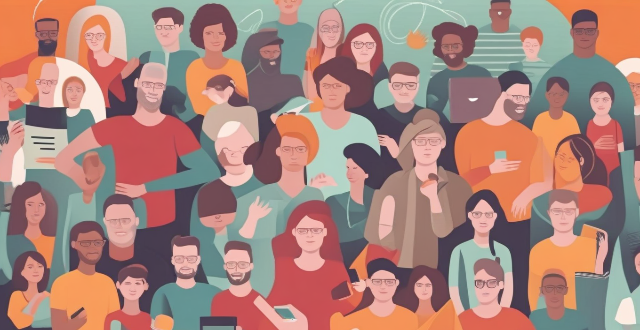
What role does social media play in organizing and promoting fan support events ?
Social media is a crucial tool for organizing and promoting fan support events, connecting fans, promoting events, engaging fans, and measuring success. It allows fans to form online communities dedicated to their favorite artists or sports teams, share news, updates, and information about upcoming events. Artists, sports teams, and event organizers can use social media to announce upcoming events, share details about the event, and encourage fans to attend. Social media also provides opportunities for fans to engage with their favorite artists or sports teams in meaningful ways, such as participating in contests and giveaways or sharing user-generated content related to the event. Finally, social media provides valuable data that can be used to measure the success of fan support events by tracking metrics such as likes, shares, comments, and reach.
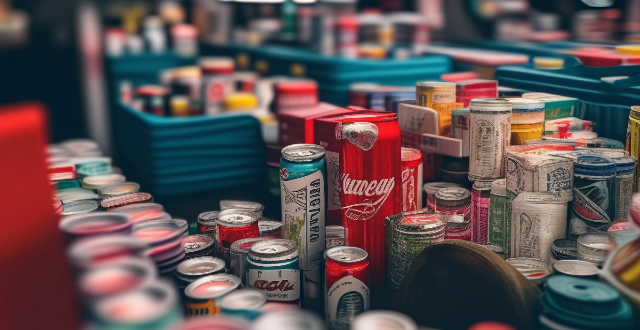
How much does it cost to go to an idol concert ?
Attending an idol concert can be costly due to various factors such as ticket prices, travel expenses, merchandise costs, and additional fees. To manage these expenses, it's recommended to set a budget, compare prices, take advantage of group discounts, bring your own snacks, and consider the resale market for tickets.
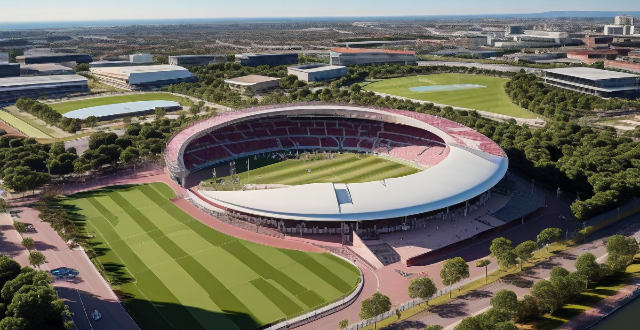
How can a sports stadium be designed to enhance fan engagement and experience ?
Designing a sports stadium to enhance fan engagement and experience requires careful consideration of various factors. These include seating arrangements, technology integration, amenities, and more. Key strategies for designing an engaging stadium involve creating premium seating options near the field, ensuring good viewing angles, providing comfortable seating, offering strong Wi-Fi connectivity, developing mobile apps, installing large screen displays, integrating interactive features, offering a variety of food and beverage options, ensuring ample restroom facilities, creating merchandise stores, designating family-friendly areas, using music and lighting effects to create an energetic atmosphere, encouraging fan interaction through contests and giveaways, and planning themed events around holidays or special occasions. By prioritizing these factors, you can ensure that your sports stadium becomes a destination for sports enthusiasts seeking an exceptional experience.
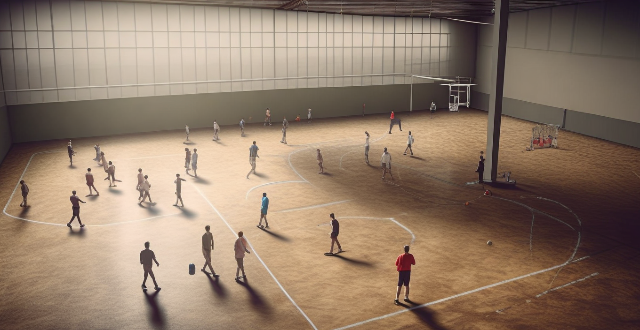
Does sports sponsorship have an impact on the fan engagement and loyalty towards a team or event ?
The influence of sports sponsorship on fan engagement and loyalty is multifaceted, with potential positive impacts such as enhanced brand visibility, improved attendance and viewership, and community involvement. However, there are also potential negative effects like overcommercialization concerns and misaligned brand values. The impact can vary based on factors including team performance and fan demographics.

In what ways can AI enhance the fan experience at sporting events ?
AI is enhancing the fan experience at sporting events by offering personalized, interactive, secure, and accessible experiences. It can create customized highlights, provide real-time analytics, offer immersive VR/AR experiences, power interactive apps, enhance security through facial recognition and crowd management, and improve accessibility with live captioning, translation, and visualization tools for blind fans. These advancements are making sports more enjoyable and safer for fans worldwide.

How does the media influence the perception of different sports and their respective fan bases ?
The media significantly impacts sports perception and fan bases by focusing on popular sports, creating celebrity athletes, promoting major events, fostering online communities, and shaping public opinion. This influences how people engage with and view various sports.

What are the benefits and drawbacks of virtual fan support events compared to in-person events ?
Virtual fan support events provide global accessibility, cost-Virtual fan support events provide global accessibility, cost- benefits but face challenges like limited cost-effectiveness, and safety benefits but face challenges like limited personal interaction and technical issues. Finding a balance between virtual and in-person events is crucial for meaningful connections.
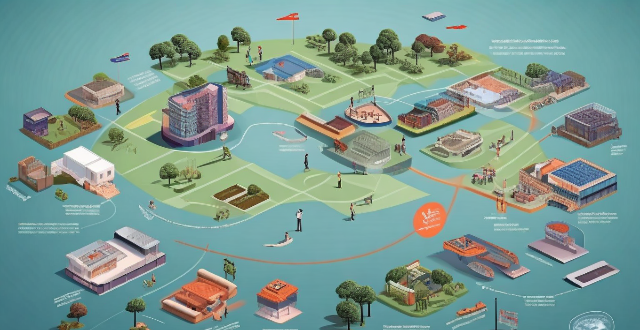
How does the globalization of sports media affect fan engagement and consumption patterns ?
The globalization of sports media has significantly impacted fan engagement and consumption patterns. Enhanced accessibility through live streaming, on-demand content, and digital platforms has revolutionized how fans watch and interact with sports. Diverse content offerings, including international coverage and multilingual broadcasts, have expanded the reach of sports to global audiences. Personalized experiences through customized content and fantasy sports have increased fan engagement. Additionally, virtual events, e-sports, and online tournaments provide new opportunities for fans to participate and engage. Changes in consumption patterns, such as a shift towards digital subscription models and online merchandise shopping, reflect the evolving landscape of sports media. Overall, the globalization of sports media has transformed the way fans consume and enjoy sports worldwide.
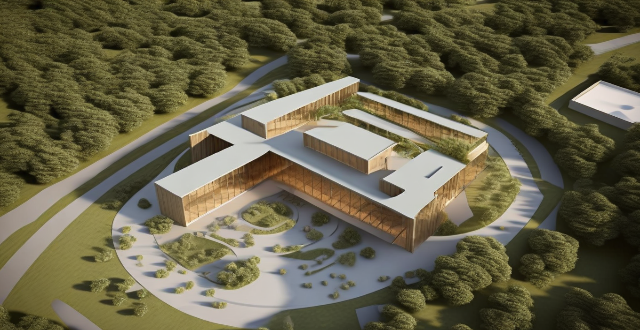
How can I increase viewer interaction in my online broadcasts ?
Increasing viewer interaction is crucial for online broadcasters to build a loyal fan base and improve engagement. Strategies include engaging with the audience through live chat, polls, and Q&A sessions; incorporating interactive games, collaborations, and guest appearances; using visually appealing graphics and custom overlays; building a community through fan groups and contests; and encouraging viewer participation by showcasing their content.

How can fans get involved in their favorite celebrity's charity work ?
Fan involvement in a favorite celebrity's charity work can take many forms, from direct donations to volunteering time and skills, spreading awareness, participating in challenges, collaborative projects, and staying updated on the charity's activities. These actions not only support the causes championed by celebrities but also foster a deeper connection between fans and the stars they admire.
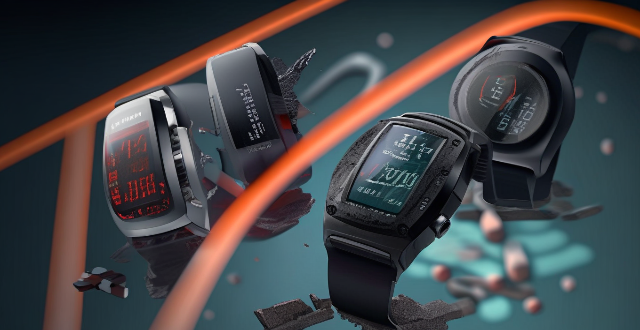
How has AI influenced the way we watch and engage with sports ?
Artificial Intelligence has transformed the way we watch and engage with sports. AI technology has improved the viewing experience, provided valuable insights into sports performance and strategy, and enhanced fan engagement through features like virtual reality, real-time highlights, personalized content, player performance analysis, game strategy analysis, injury prevention, fan interaction, gamification, and augmented reality. These advancements have revolutionized the sports industry and will continue to shape our relationship with sports in the future.

What are some examples of cutting-edge technologies used in professional sports ?
Cutting-edge technologies have revolutionized professional sports, improving athlete performance, fan engagement, and operational efficiency. Wearable technology tracks health metrics, while VR/AR enhances training and fan experiences. Biometric data analysis optimizes physical condition, video analytics deepens game insights, AI transforms coaching, scouting, and fan interaction, and IoT devices improve facility management. These advancements promise continued innovation in the future of professional sports.
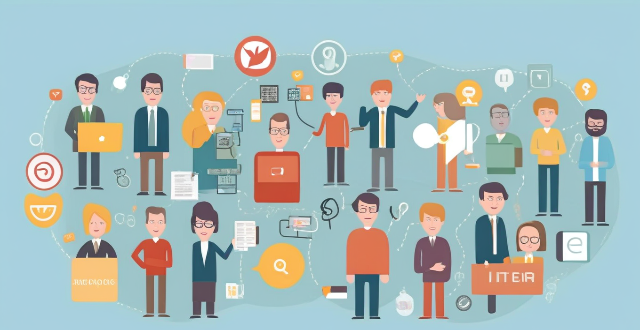
How do celebrities use social media to engage with their fans ?
Celebrities use social media to engage with fans through personal updates, interactive posts, live streaming, collaborations, promotional campaigns, and direct messaging.
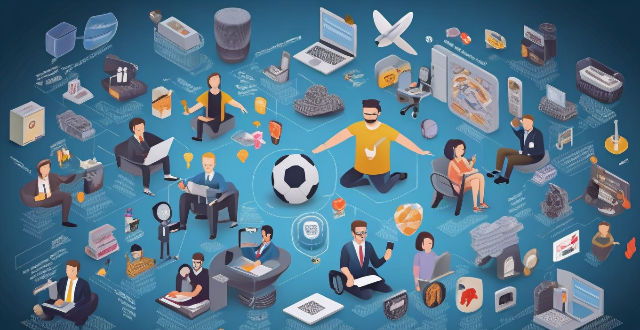
What are the key factors that influence the economic success of a sports team or league ?
The economic success of a sports team or league is influenced by various factors, including fan base and attendance, broadcasting rights and media coverage, sponsorship and partnerships, player performance and talent management, marketing and branding, financial management, governance and leadership, and legal and regulatory framework. A loyal fan base ensures consistent ticket sales and merchandise purchases, while higher attendance rates lead to increased revenue from ticket sales. Lucrative broadcasting contracts and positive media coverage attract fans and sponsors alike. Corporate sponsors provide financial support, while strategic alliances with other brands expand marketing reach. Top players attract fans and improve team performance, while effective draft strategies ensure a steady stream of talented athletes. A strong brand resonates with fans and attracts commercial interest, while creative marketing campaigns generate buzz and drive sales. Efficient spending on operations and player salaries is crucial for financial success, as is diversifying revenue streams. Strong leadership sets the course for long-term success, while transparent governance fosters trust among stakeholders. Adhering to laws and regulations avoids financial penalties and reputational damage, while fair labor agreements ensure stability. Overall, these factors work together harmoniously to create a sustainable and thriving sports organization.